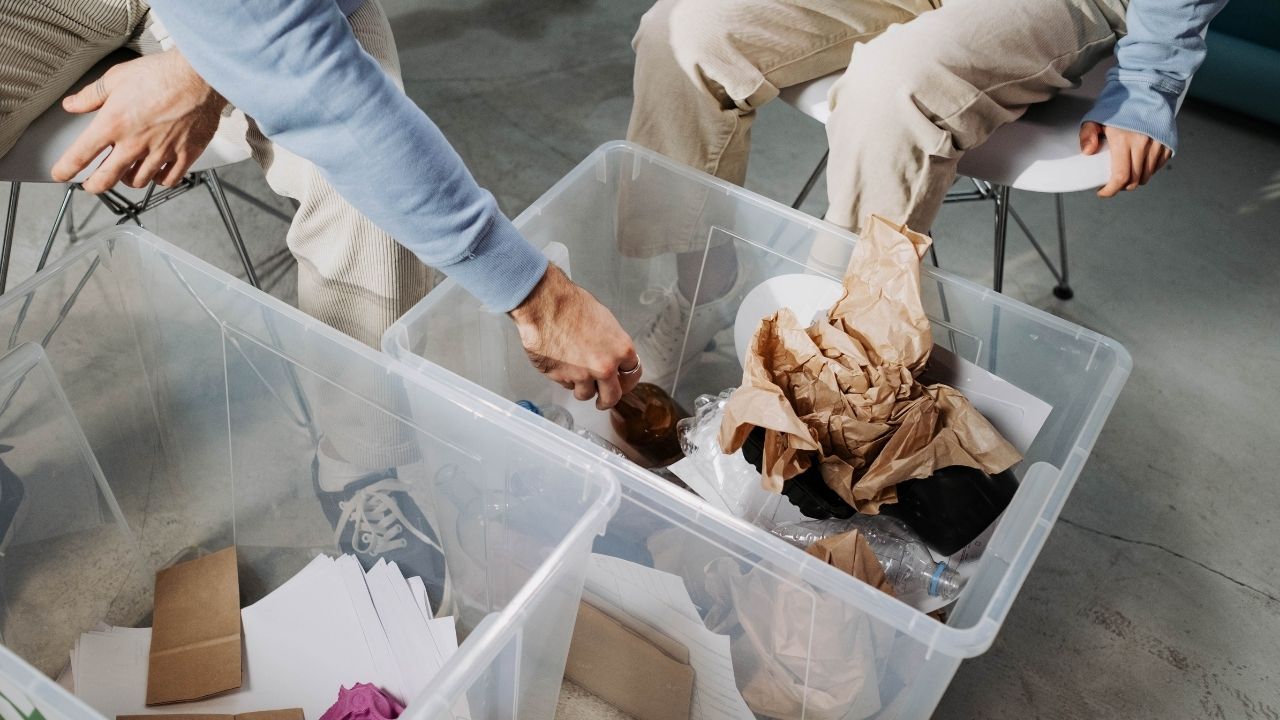
Pollution is a pressing global issue that has far-reaching consequences for our environment, public health, and quality of life. As responsible citizens, it is our duty to explore and adopt practical strategies to mitigate the harmful effects of pollution. In this comprehensive article, we will delve into some effective ways to reduce pollution and contribute to a more sustainable future.
Embrace Sustainable Practices at Home
One of the most impactful ways to reduce pollution is by adopting sustainable practices within our own homes. This can include simple yet effective measures such as:
1. Reducing energy consumption: Implement energy-efficient appliances, use LED light bulbs, and be mindful of turning off lights and electronics when not in use.
2. Conserving water: Install low-flow faucets and showerheads, fix any leaks, and be conscious of water usage when washing dishes, laundry, or performing other household tasks.
3. Recycling and waste reduction: Diligently sort and recycle materials such as paper, plastic, glass, and metal. Minimize household waste by composting organic matter and avoiding single-use plastics.
4. Switching to eco-friendly cleaning products: Opt for non-toxic, biodegradable cleaning solutions that do not contain harmful chemicals that can pollute the environment.
5. Promoting green transportation: Consider walking, biking, or using public transportation whenever possible, and carpool or use electric or hybrid vehicles to reduce carbon emissions.
Support Sustainable Initiatives in Your Community
Beyond personal actions, we can also contribute to pollution reduction by supporting sustainable initiatives within our communities. This may include:
1. Participating in local recycling and waste management programs: Actively engage with your municipality's recycling and waste management efforts, and encourage your neighbors to do the same.
2. Advocating for renewable energy sources: Attend town hall meetings, write to local government representatives, or join community organizations that advocate for the adoption of renewable energy sources, such as solar and wind power.
3. Volunteering in environmental cleanup efforts: Participate in community-led beach cleanups, river restoration projects, or urban tree-planting initiatives to directly address pollution in your local area.
4. Supporting eco-friendly businesses: Patronize local businesses that prioritize environmental sustainability, such as those that use renewable energy, offer eco-friendly products, or implement waste reduction strategies.
Promote Environmental Conservation Globally
While individual and community-level actions are crucial, we must also consider ways to contribute to global environmental conservation efforts. Some examples include:
1. Educating yourself and others: Stay informed about the latest environmental issues and share your knowledge with friends, family, and your social networks. Encourage open dialogues and promote environmental awareness.
2. Supporting environmental organizations: Donate, volunteer, or participate in initiatives organized by reputable non-profit organizations dedicated to environmental protection and conservation.
3. Engaging in political advocacy: Contact your elected representatives and policymakers to express your concerns about environmental issues and urge them to implement stronger regulations and policies to address pollution and climate change.
4. Adopting sustainable purchasing habits: When making consumer choices, prioritize eco-friendly products, services, and companies that prioritize sustainability and environmental responsibility.
Embrace Green Initiatives in the Workplace
As responsible members of the workforce, we can also make a significant impact by promoting sustainable practices in our workplaces. This may involve:
1. Implementing energy-efficient practices: Encourage your employer to switch to renewable energy sources, upgrade to energy-efficient equipment and lighting, and implement policies to reduce energy consumption in the office.
2. Promoting paperless operations: Advocate for the adoption of digital document management systems, encourage the use of online collaboration tools, and minimize the need for physical printing and paper usage.
3. Encouraging waste reduction and recycling: Ensure that your workplace has robust recycling programs in place and actively participate in initiatives to reduce waste, such as eliminating single-use plastics and implementing composting systems.
4. Commuting sustainably: Explore options for eco-friendly commuting, such as carpooling, biking, or using public transportation, and encourage your colleagues to do the same.
Conclusion: A Collective Effort for a Cleaner Future
Reducing pollution is a complex challenge that requires a multi-pronged approach involving individual, community, and global efforts. By embracing sustainable practices at home, supporting local environmental initiatives, engaging in global conservation efforts, and promoting green initiatives in the workplace, we can collectively make a significant impact in the fight against pollution.
Remember, every small step we take towards a more sustainable future can contribute to the larger movement for environmental preservation and the betterment of our planet. Let us all do our part in creating a cleaner, healthier, and more resilient world for generations to come.
 Family Craft ProjectsHome ImprovementCooking and BakingReuse and RecycleDIY GiftsEco-Friendly ProjectsDIY Home SolutionsSeasonal ActivitiesFun and GamesLearn TogetherPrivacy PolicyTerms And Conditions
Family Craft ProjectsHome ImprovementCooking and BakingReuse and RecycleDIY GiftsEco-Friendly ProjectsDIY Home SolutionsSeasonal ActivitiesFun and GamesLearn TogetherPrivacy PolicyTerms And Conditions
